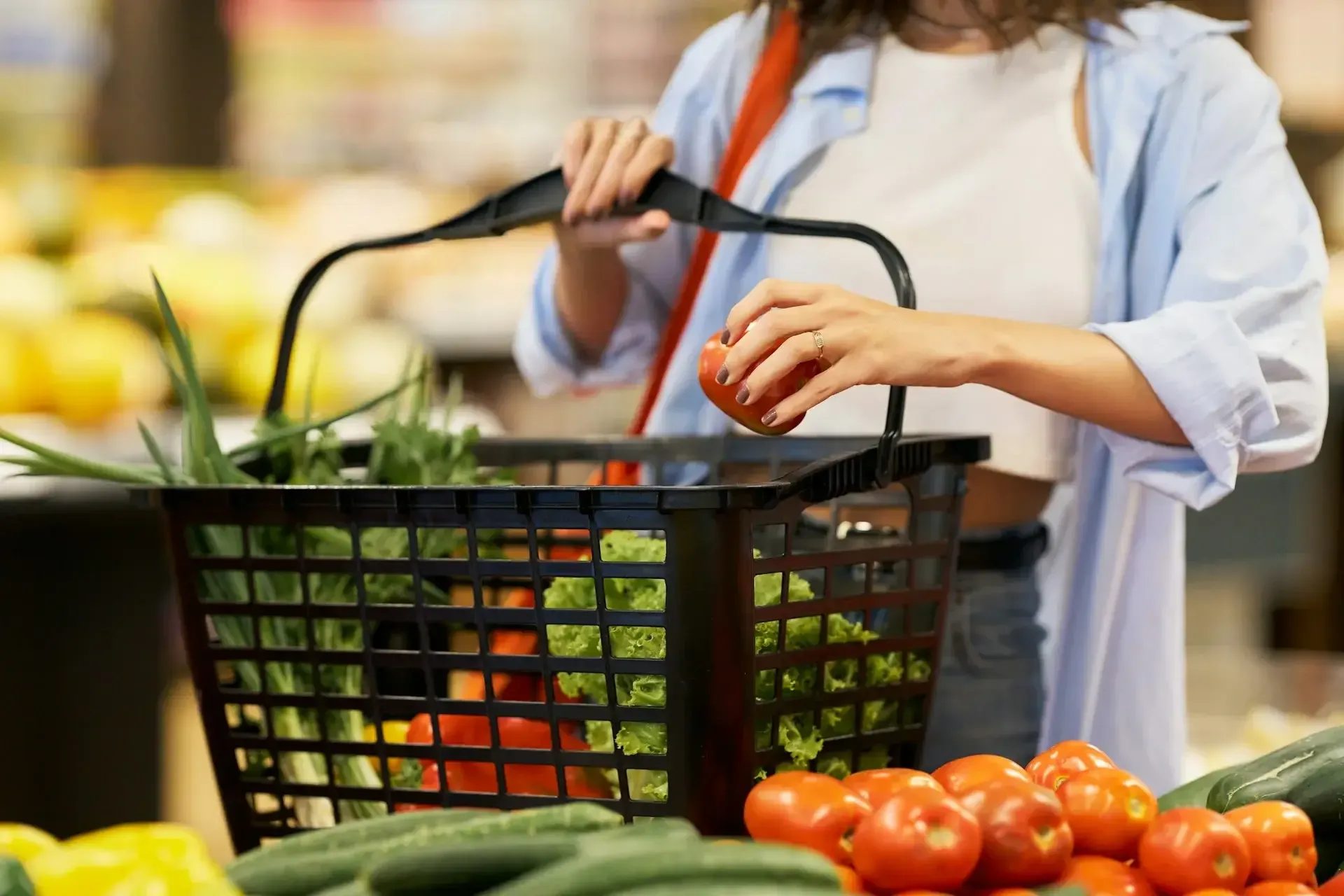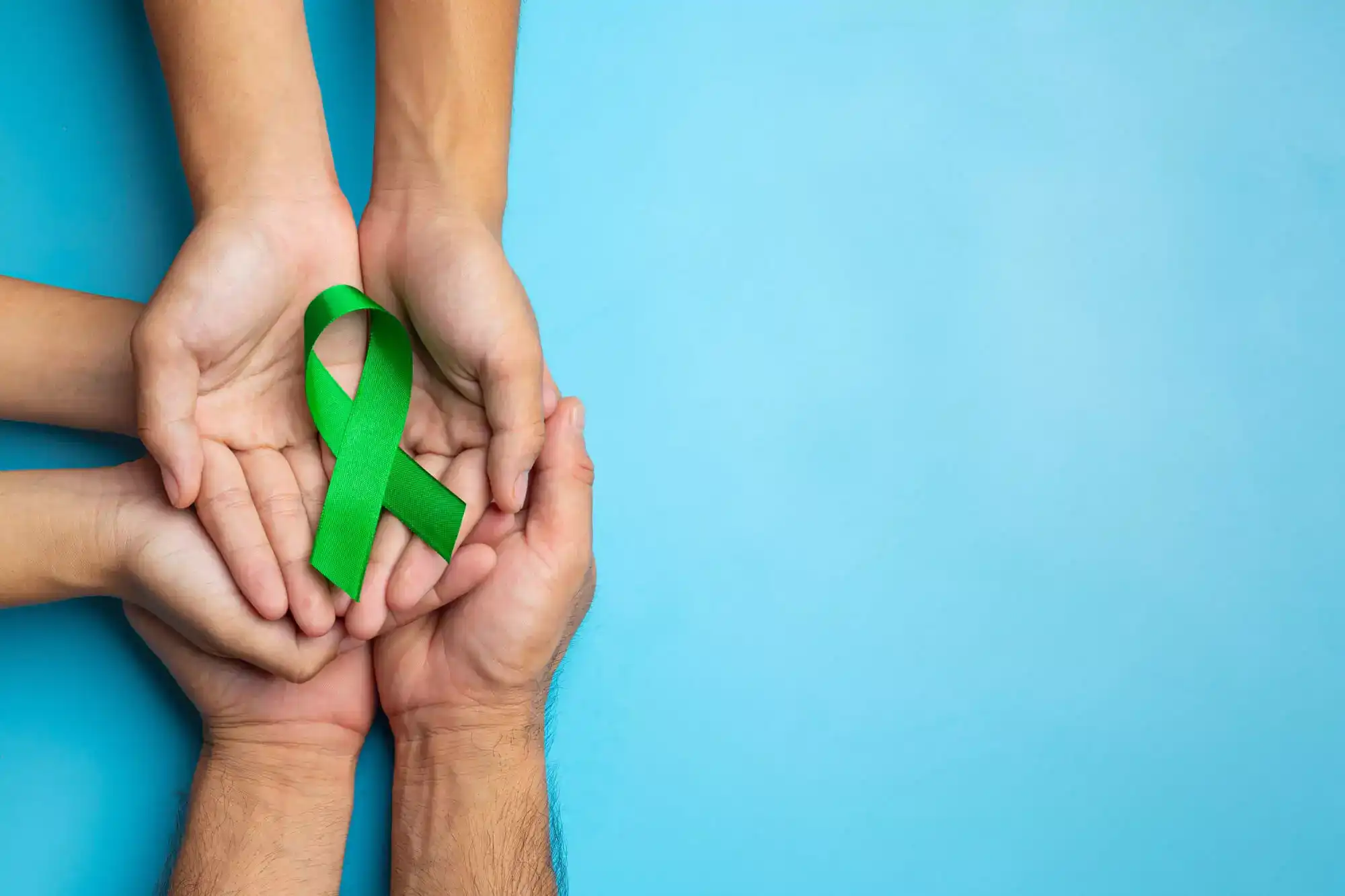What to Eat After Liposuction: Best Foods for Healing & Foods to Avoid

So, you’ve finally taken the step and undergone liposuction to achieve the body shape you’ve been wanting. Congratulations! But now that you’re in the recovery phase, you might be asking yourself, “What should I eat? Can I have rice? Are eggs okay after lipo? How can I heal faster? How do I keep my stomach flat? What should I eat after breakfast?”
With so many questions on your mind, it’s natural to feel a bit overwhelmed. Your eating habits after surgery play a big role in healing and maintaining your results.
In this blog, we’ll break down exactly what to eat after liposuction to support your recovery and get the best possible outcome.
Why is diet important for recovery after liposuction?
Liposuction isn’t just about removing fat and calling it a day. Your body just went through trauma, and now it needs time (and the right nutrients) to recover. A poor diet can slow healing, increase swelling, and even affect your final results. But with the right nutrition, you can help your body heal faster, reduce inflammation, and keep your new shape looking its best.
Proper nutrition can help:
-
Speed up tissue repair
-
Reduce inflammation and swelling
-
Maintain your new body contours
One of the biggest concerns after liposuction is inflammation. Your body naturally swells as part of the healing process, but certain foods can make it worse and keep that puffiness around longer than necessary. On the flip side, the right foods can help reduce swelling and get you back to feeling (and looking) your best sooner.
Imbalance in nutrient levels is another problem you may experience. Research shows that liposuction can sometimes lead to lower levels of important vitamins and minerals, like vitamin D and magnesium. Since these nutrients help with tissue repair and immune function, it’s important to replenish them through your diet.
And if your doctor puts you on antibiotics, adding probiotic-rich foods like yogurt or fermented veggies can help keep your gut healthy and support overall recovery.
Foods to eat after liposuction
So what’s best to eat after liposuction? Here’s a list:
Lean proteins
Your body needs enough protein to repair damaged tissues and reduce muscle loss. Eating lean proteins can speed up healing and keep your muscles strong after liposuction.
Some of the best protein options include:
-
Chicken breast
-
Turkey
-
Fish (salmon, cod, tuna)
-
Eggs
-
Greek yogurt
-
Tofu
It's recommended to take 20-30 grams of protein per meal to support the healing process.
Fruits and vegetables
Swelling is a common part of recovery after liposuction, but nutrient-rich fruits and vegetables can help. Packed with vitamins, minerals, and antioxidants, they help fight inflammation and speed up your recovery.
Include these in your diet:
-
Berries (strawberries, blueberries, raspberries)
-
Leafy greens (spinach, kale, arugula)
-
Pineapple
-
Citrus fruits (oranges, lemons, grapefruits)
Whole grains
After surgery, your body is using a lot of energy to heal. Whole grains provide slow-releasing carbohydrates to keep you energized and prevent constipation, which is common after surgery due to pain medications.
Some great choices for whole grains are:
-
Quinoa
-
Oatmeal
-
Brown rice
-
Whole wheat bread
Healthy fats
Good fats keep your skin healthy and reduce inflammation after surgery. They also help your body absorb vitamins like A, D, E, and K, which support healing.
You can obtain these fats from:
-
Avocados
-
Nuts (almonds, walnuts, cashews)
-
Seeds (chia seeds, flaxseeds, sunflower seeds)
-
Olive oil
Probiotics
After liposuction, your digestive system might feel a little off, especially if you were prescribed antibiotics. While fighting bad bacteria, antibiotics also kill good ones, which can lead to bloating, constipation, or a weakened immune system. Probiotics (good bacteria) help fix these problems by restoring normal gut balance and thus support recovery.
Some excellent sources of probiotics are:
-
Greek yogurt
-
Sauerkraut
-
Tempeh
-
Kimchi
-
Kefir
-
Miso
For even better results, pair them with prebiotic foods like bananas, garlic, and onions, which help nourish the good bacteria in your stomach.
Foods to avoid after liposuction
Now, let’s talk about the foods that slow down recovery and increase swelling. Here’s what to avoid:
Processed foods
While processed and junk foods are irresistible, they can make your swelling worse. Processed foods often have excessive amounts of sodium, sugar, and additives that can increase swelling and make your body hold onto water, making you look more bloated than you should be.
Stay away from:
-
Fast food (burgers, fries, pizza)
-
Frozen meals
-
Packaged snacks (chips, cookies, crackers)
-
Processed meats (sausages, hot dogs, deli meats)
Sugary foods and drinks
Too much sugar slows down healing and can lead to post-lipo weight gain, especially in untreated fat cells.
Do your best to avoid:
-
Candy, pastries, donuts
-
Sugary cereals
-
Soda, energy drinks, fruit juices with added sugar
Instead, satisfy your sweet tooth with fresh fruit or a small piece of dark chocolate.
High-sodium foods
Salt makes your body retain water, which leads to swelling and bloating. After liposuction, the last thing you want is to look puffy!
Don’t eat:
-
Chips, crackers, pretzels
-
Canned soups
-
Fast food and takeout
Alcohol
Alcohol can interfere with your medications, dehydrates your body, and slows healing. It also increases swelling, so it’s best to avoid alcohol for at least two weeks post-surgery.
Caffeine
Too much caffeine can dehydrate you, which is bad for healing. If you love your coffee, limit it to one small cup a day and drink plenty of water.
Other lifestyle tips for recovery
Along with a healthy diet, simple daily habits can make a big difference in your healing process. Here are some easy ways to support your recovery and feel your best.
-
Drink enough water to keep your body hydrated and reduce swelling.
-
Move around lightly to improve circulation and prevent stiffness.
-
Keep wearing your compression garment to help with healing and shaping.
-
Make sure to rest well so your body can recover faster.
-
Give your body time to heal since final results won’t appear right away.
Bottom line
Liposuction helps you get a step ahead, but keeping those results is all about how you care for yourself afterward. Choosing the right foods can help you heal faster, minimize swelling, and even support skin tightening.
Drinking plenty of water, staying active with gentle movement, and cutting back on processed foods all contribute to a smooth recovery. Give your body the time it needs, follow your surgeon’s advice, and focus on a healthy lifestyle—you’ve put in the effort, so now make it count!
And if you need expert advice, we can help you find the best medical professionals worldwide.

